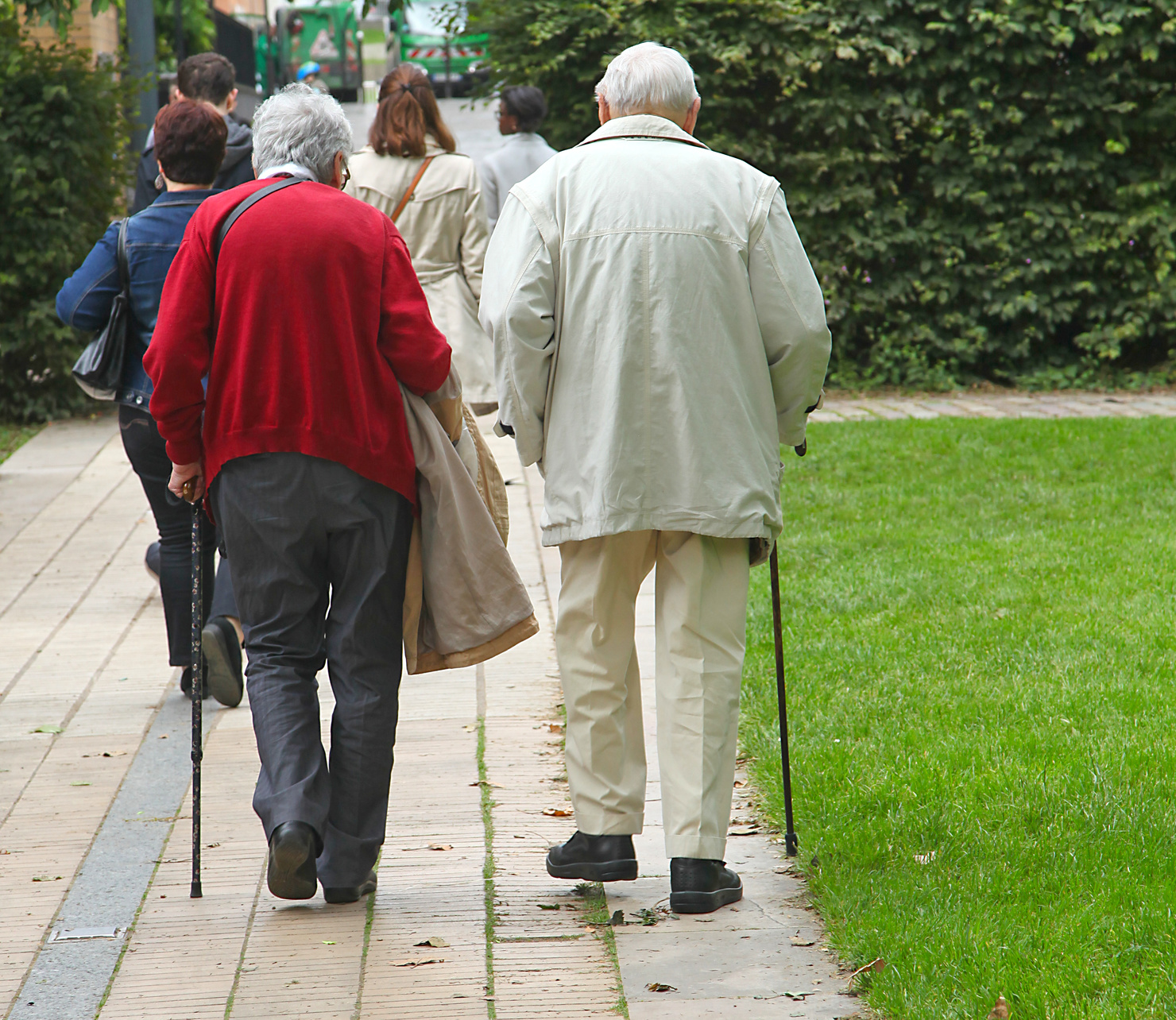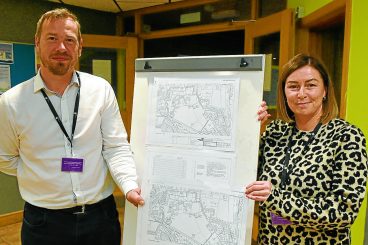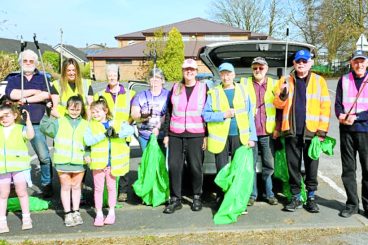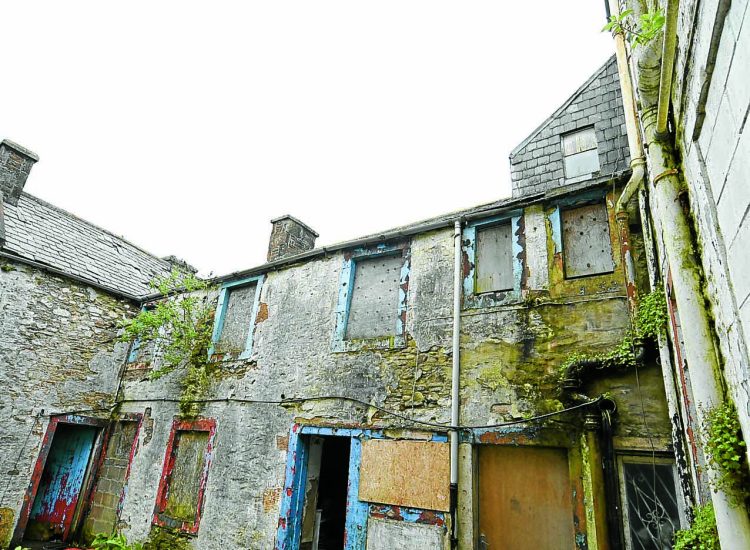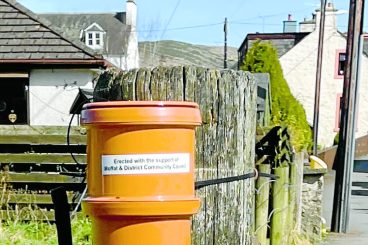CARE home staff in the region are reluctant to undergo coronavirus testing despite the Scottish Government’s wish for all workers to be tested.
And Dumfries and Galloway Council chief social worker officer Lillian Cringles told councillors at a meeting on Friday that they have to respect their personal choice.
She revealed that there are 1382 members of staff in the region’s 31 care homes, all of which are privately run. Between April 20 and June 7, 75 members of staff who had shown symptoms had been tested, along with 159 residents and the last positive result had been on April 30.
Ms Cringles also revealed there had been nine deaths in care homes and a further six residents had died in hospital. She said: “That’s 15 tragic deaths within the region of residents of care homes.”
However, asymptomatic testing was proving harder to roll out and has so far reached approximately 150 care home staff or members of their household. She explained: “Any resident or staff with symptoms have been provided with an instant test. More difficult and challenging is asymptomatic testing. Unless they have symptoms they are not compelled to undertake a test for Covid-19.
“We had a significant amount of feedback from care homes and staff there do not wish to be tested. People who have been tested have indicated it’s a very unpleasant experience and we just have to bear that in mind. We have made the offer of testing to all care homes. Tests will be delivered to care homes, that does not mean every worker will take the opportunity to take it. It’s their choice and managers have to have that conversation.
“I absolutely accept the sentiment from ministers that they wish every single staff and residents to be tested but we have to accept with staff that there is a choice and we cannot compel.”
She confirmed testing remains ‘on the table’ for all homes and that there are enough testing kits and capacity. Ms Cringles added: “It’s a really difficult tightrope for us all to walk. We have to have respect for people’s choices. If it was a more straightforward test, people may be more willing to do that.”
Meanwhile, surveillance testing is also taking place at four homes every week, involving a 25 per cent survey of both staff and residents. Ms Cringles said: “No positive or symptomatic cases have come to light doing that. That will continue and we are looking to increase the amount of surveillance testing undertaking.”
Detailing the work throughout the pandemic around care homes, she said a community nurse has been linked to each home for twice weekly contact and public health and health protection officials have also been in touch with sites. A care home oversight group has been meeting daily since May 18 and a rapid response team was set up. It has so far been called into four homes to assist. Quality assurance visits have taken place at each home looking at support needed, infection control and workforce, with the findings due this week.
Ms Cringles added: “I want to give the public assurance that we are trying everything we possibly can.”





